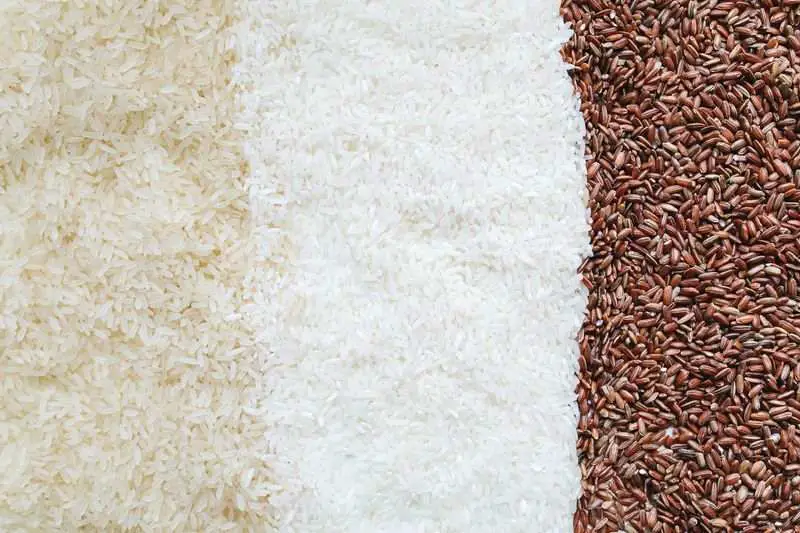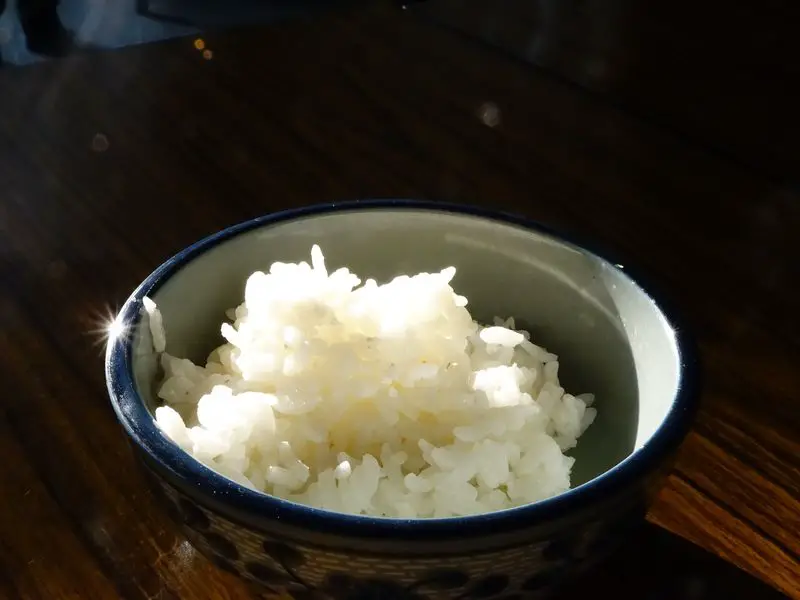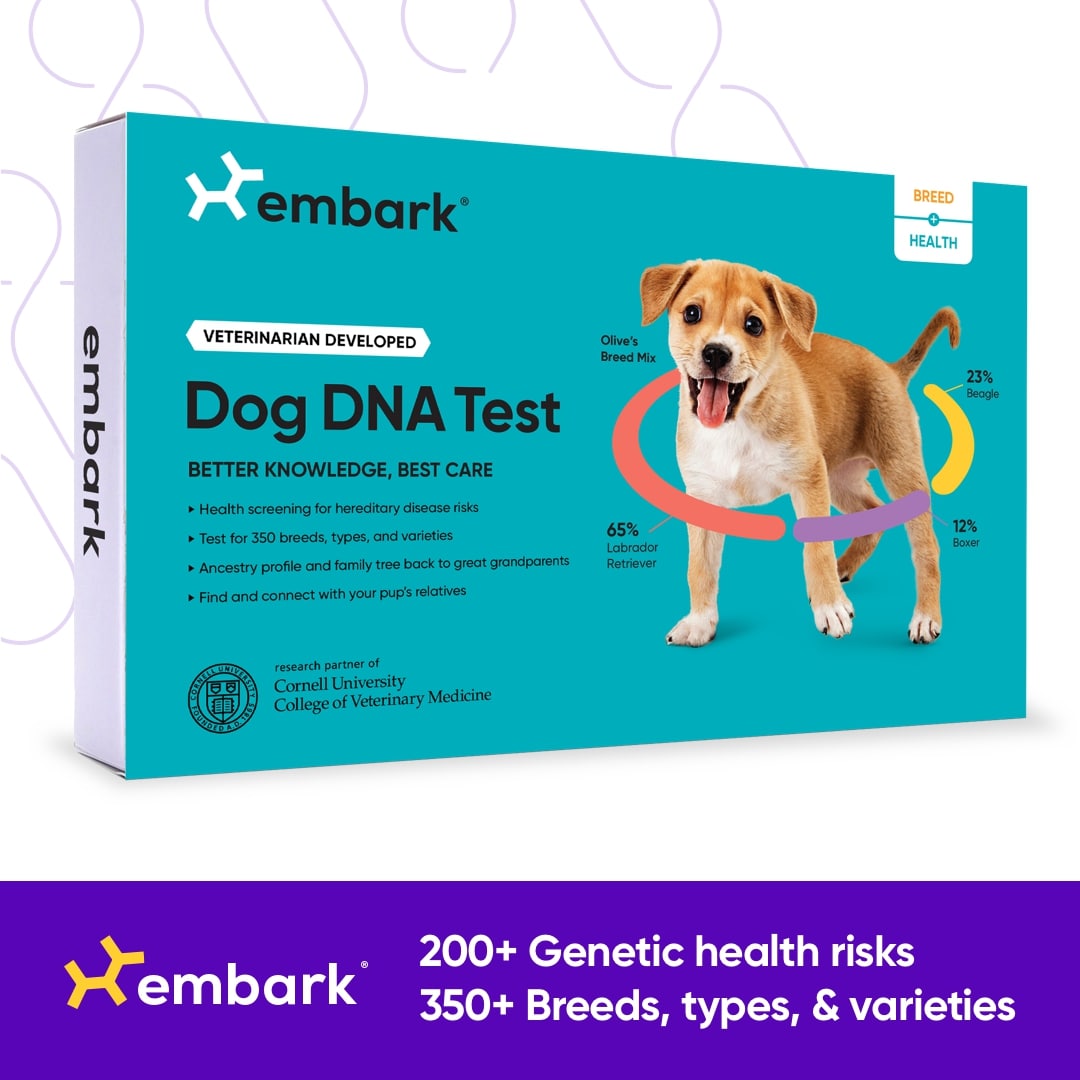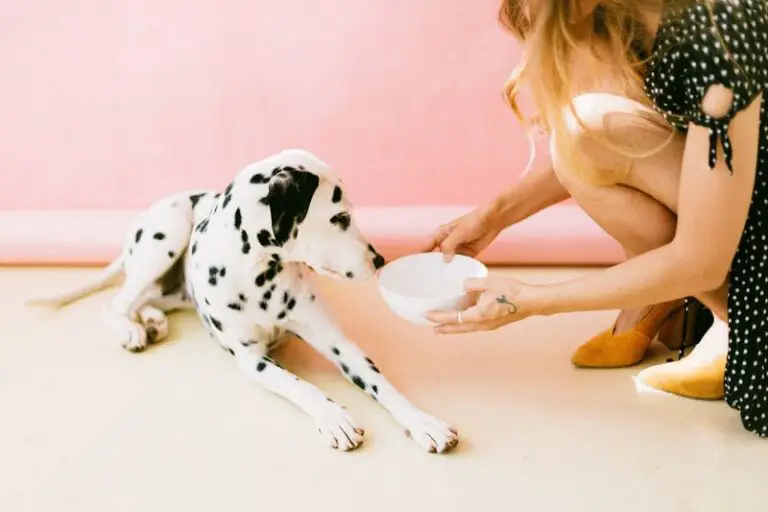Can Puppies Eat Rice? Is Rice Safe For a Puppy to Eat!
Pet owners often wonder if it is okay for puppies to eat rice. Whether it’s because rice is the only thing available for them to eat at the moment or because you want to give your puppy a satisfying treat.
Who knows?
Puppies can tolerate some “people food”, but others make them feel sick and some can even be toxic.
However, rice can be healthy for your puppy as long as you make sure that you are feeding them a diet that meets their nutritional requirements.
Rice is a carbohydrate, which will help give your puppy energy and digest its food, but your puppy needs other nutrients as well.
Nutritional Needs of Puppies
Puppies have different nutritional requirements than adult dogs. Puppies are growing and developing so they need nutrients to fuel their bodies.
I have friends who recommend Purina One Smart Blend Puppy Formula (link to Amazon) because it is said to be perfectly formulated to promote and prioritize puppy growth, and specifically meet the nutritional needs like providing them with DHA, a nutrient also found in mother’s milk, for optimal vision and brain development.
Puppies normally start weaning off their mother’s milk when they are three or four weeks old. They spend around three weeks weaning and at six weeks, they should be on puppy food.
During this transition, some vets recommend using warm water to soften the food.
Commercial dog food provides your puppy with a balanced diet and has all of the nutrients that your puppy needs to help it grow and develop. You want to buy food that provides complete and balanced nutrition or that it meets the nutritional requirements of puppies.
Necessary Nutrients
The important nutrients that your puppy needs include the following:
- Protein
- Fats
- Carbohydrates
- Vitamins and minerals
- Water
Proteins are important to help your puppy’s muscles and organs grow. The majority of your puppy’s diet will come from protein.
Fats will help to keep your puppy’s skin and hair healthy. In addition, they help the puppy’s brain and vision develop properly.
Carbohydrates and this includes rice, give your puppy energy.
What Type of Rice Can Puppies Eat?

Puppies, for the most part, can eat any type of rice. The important thing to remember is that rice does not have enough protein to give a puppy what it needs.
It is important not to let your puppy fill up when you let it eat rice.
It is also important to note that rice is not good for dogs every day as this can lead to serious health concerns later on in their lives.
Can Puppies Eat White Rice?
Yes, white rice is perfectly fine for a puppy to eat, though it is recommended that feeding white rice to your puppy should be done in very small amounts and on rare occasions.
White rice is easier on a puppy’s stomach, but brown rice has higher fiber and can help a puppy that is constipated. It helps when a puppy has diarrhea or is vomiting. You can always discuss which choice is best with your vet.
White rice is made by milling the grains further after processing.
This causes the rice to lose its bran as well as a lot of the germ. The loss of these items reduces the fiber and nutrient makeup of the rice.
Some companies add synthetic vitamins to make up for what has been lost in the process.
Can Puppies Eat Brown Rice?
Yes, eating brown rice can provide a puppy with a ton of nutritional benefits. Though, just like white rice, feeding your puppy brown rice should be done in small increments and not very often.
All rice is processed after it is harvested; when the outermost shell is removed, you are left with brown rice.
Brown rice has a little bit more protein than white rice, but it does not have enough to replace a meat-based diet. Brown rice is also lower in fat and has fiber, which can help your puppy digest food.
In addition, the fiber helps your puppy with enzyme breakdown, which helps to create a regular schedule of going to potty outside.
Brown rice is more natural and less refined, and it has more minerals and vitamins than white rice.
In addition, it is high in carbs, which is why too much can be harmful to your puppy.
Nutritional Content of Brown Rice
A half-cup serving of brown rice contains the following:
- 6 grams of protein
- 23 grams of carbohydrates
- 1 gram of fat
- Manganese
- Magnesium
- Folic acid
- Thiamin
- Sodium
- Potassium
- Riboflavin
- Phosphorous
- Vitamin B6
- Niacin
How Much Rice to Feed Your Puppy?

If you are supplementing your puppy’s commercial dog food, you will want to pay attention to the carbs in the food.
Dog food often has between 30 and 70 percent carbohydrates so you don’t want to add too much if your puppy is already getting a lot of it.
You can feed your dog brown rice two or three times a week. While you should exceed no more than once a week with white rice. You should make sure that the package says that the rice has the vital nutrients and fiber that you want to feed.
If you feed too much rice, your dog will gain weight and runs the risk of becoming obese.
Reasons to Feed Brown Rice to Your Puppy
There are actually reasons to feed brown rice to your puppy. Take a look at some of the advantages:
- Soothes a sensitive tummy
- Is low in sodium
- Improves your puppy’s appetite
- Is an excellent source of carbs
- Is low in fat
- Improves growth of useful bacteria in intestines
- Improves metabolism
- Boosts energy
- Improves cognitive function
- Is high in Vitamin D
- Helps with skin conditions
- Is high in calcium, riboflavin, iron, thiamine, and niacin
- Reduces cholesterol levels
- Provides fiber
Guidelines for Feeding Brown Rice to Your Puppy
As long as you follow certain guidelines, you can let your puppy eat rice, and brown rice in particular. Take note of the following:
- Limit brown rice to two of three servings each week.
- Try to use organic brown rice without pesticides
- Never feed brown rice to a puppy with diarrhea. Use white rice in this case.
- Feed brown rice as a supplement to your puppy’s diet, not a substitute.
- Make sure that your puppy is getting enough protein and fat from its dog food.
- Try not to add other treats with carbs if you are feeding rice.
How to Prepare Brown Rice for Your Puppy
It is super easy to cook brown rice. You can take a large pot and boil four cups of water.
Add one cup of brown rice and stir it to make sure that the rice doesn’t stick to the pot. Let the water come to a boil.
Then, you can reduce the temperature to low and cover the pot. Let it boil for 20 to 30 minutes, then drain it and let it cool.
Be sure to give the rice to your puppy in its blandest form possible. Keep away from seasonings or other flavors that we typically use to enhance the flavor of our foods.
What Is the Downside of Feeding Rice To Your Puppy?
One potential downside of feeding your puppy too much rice is that it will make the puppy feel too full to eat the protein it needs for growth and development.
A second potential concern is that rice contains small amounts of arsenic. People and dogs can eat foods with small amounts of arsenic but you will want to limit your puppy’s exposure to it.
Consumer Reports recommends discussing with your vet how much rice is safe for your puppy and sticking to a small serving.
Should You Feed Your Puppy Table Scraps?
There is nothing wrong with giving your puppy an occasional treat. However, most experts say that you should limit table scraps to less than 10 percent of your puppy’s daily diet.
It is important to remember that overeating can lead to obesity, which leads to other health problems such as diabetes or heart disease.
In addition, there are some foods that you should never feed your dog because these foods can be toxic to dogs. These foods include the following:
- Chocolate
- Bread dough
- Avocados
- Alcohol
- Drinks with caffeine
- Garlic
- Onions
- Raisins or grapes
- Xylitol
What About Other Forms of Rice To Give Puppies To Eat?
Sometimes people wonder if they can feed rice cakes or fried rice to dogs since they are made from rice.
You can feed rice cakes as a snack but they have no nutritional value so they should be reserved for special treats.
Fried rice is fine if you make it at home. However, you should not feed leftover fried rice from Chinese takeout because it will have a lot of sodium, spices, garlic, and other ingredients that are not good for your puppy.
The Goals of Feeding Puppies
The nutrition that puppies need is important so that they are healthy and grow. Nutrition achieves the following:
- Healthy growth
- Healthy immune system development
- Reduced likelihood of obesity
- Development of healthy bones
Puppies grow quickly. Small breeds are full-grown by 10 to 12 months and medium to large breeds are full-grown by 18 to 24 months.
The rate of growth will vary depending on the breed. Feeding your puppy proper nutrition is important for its long-term health and development.
You want your puppy to grow at a slow and steady rate, which will be determined by the nutrient density of what you feed it.
Conclusion
Now you should have a pretty good understanding of rice and if your puppy can eat it or not.
It is important to remember the differences between white rice and brown rice because they are not the same thing.
Brown rice has greater nutritional value and it is a better choice for your puppy. However, do not feed brown rice if your puppy has diarrhea.
Brown rice is a carbohydrate and your puppy needs carbs while it is growing but you should make sure that your puppy gets enough proteins and fats as well.
Proteins are essential throughout a dog’s life; although they are domesticated, their nutritional needs still mimic their ancestors who are meat-eating animals.
If you notice that your puppy has a very sensitive stomach, you should discuss it with your vet before you decide to feed it rice. Your vet will have great advice on how much rice to feed your puppy.
I hope that this article has been both helpful and informative in allowing you to find the answers to the age old questions, “Can puppies eat rice” or “Can I feed my puppy rice“?
Handpicked Articles Just For You
How to Get a Dog to Eat Dry Food








